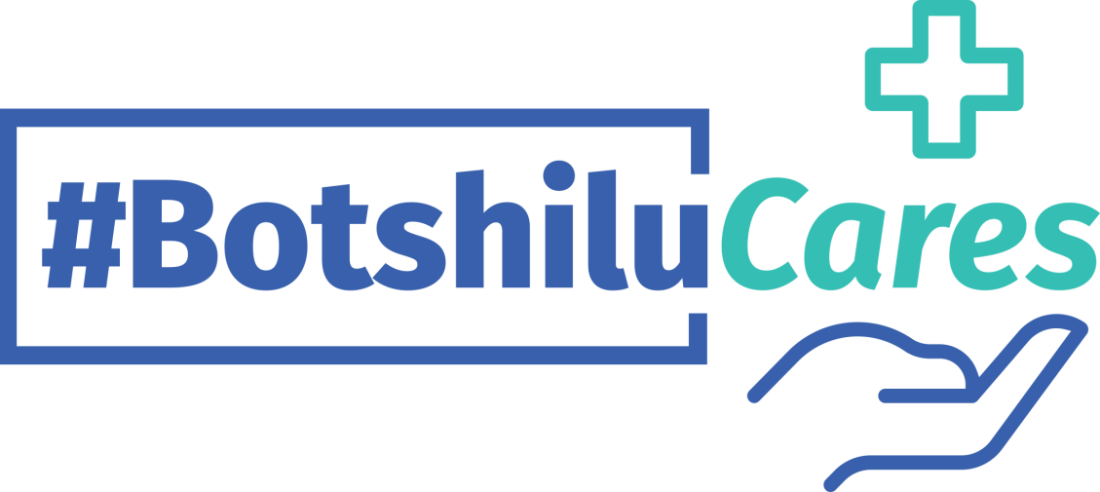April 17, 2024 marks World Haemophilia Day, an annual observance that raises awareness of haemophilia and other bleeding disorders. This year’s theme is “Advancing Access to Care,” which highlights the importance of ensuring that people with haemophilia have access to the treatments and support they need to live full and healthy lives.
The theme of the awareness this year is “Equitable access for all: recognising all bleeding disorders”.
Federation of Haemophilia (WFH) vision of Treatment for All is for a world where all people with inherited bleeding disorders have access to care, regardless of their type of bleeding disorder, gender, age, or where they live.
This April, let’s celebrate our community and continue working towards a world where everyone—with haemophilia A or B, von Willebrand disease (VWD) or any other bleeding disorder—has access to diagnosis, treatment, and comprehensive care.
World Haemophilia Day was started by the World Federation of Haemophilia (WHF) and is annually observed on 17th April. The international community started observing WHD in 1989 and April 17 was chosen to recognise Frank Schnabel’s the founder of WHF birthday. World Haemophilia Day is aimed at raising awareness about haemophilia and other bleeding disorders. It also helps to raise funds for patients who cannot afford haemophilia treatment as well as attract volunteers for the World Federation of Haemophilia.
Statistics show that haemophilia A occurs in 1 out of 5,000 male births and about 400 babies are born with the disorder annually. Additionally, an estimated 400,000 people around the world have haemophilia. About 75% of these people are unable to access adequate treatment or have no access to treatment completely. While there is no cure for this bleeding disorder, there are very effective treatment options available.
The 29th World Haemophilia Day focuses on the importance of educating haemophilia patients and the general public about bleeding disorders. The day will also emphasise the importance of proper haemophilia care and treatment. This will be achieved through media events, awareness campaigns, and a host of activities held around the world.
One of the most important treatments for hemophilia is replacement therapy, which involves the infusion of clotting factors. Clotting factors are proteins that help the blood to clot. People with hemophilia typically need to receive replacement therapy on a regular basis, sometimes as often as several times a week.
In addition to replacement therapy, people with hemophilia may also need to take other medications, such as antifibrinolytics, which help to stop bleeding. They may also need to make lifestyle changes, such as avoiding contact sports and other activities that could lead to injuries.
Access to care is essential for people with hemophilia. They need to have access to qualified healthcare providers, as well as to the treatments and support they need. Unfortunately, access to care can be a challenge for people with hemophilia, particularly in developing countries.
There are many reasons why people with hemophilia may not have access to care. They may live in remote areas where there are no healthcare providers who are familiar with hemophilia. They may not be able to afford the cost of treatment. Or they may face discrimination or stigma because of their condition.
Whatever the reason, lack of access to care can have a devastating impact on people with hemophilia. They may experience frequent bleeding episodes, which can lead to pain, disability, and even death. They may also miss school or work, and have difficulty participating in social activities.
This year’s World Hemophilia Day is an opportunity to raise awareness of the importance of access to care for people with hemophilia. We can all do our part to help by supporting organizations that are working to improve access to care for people with hemophilia, and by advocating for policies that make treatment more affordable and accessible.















